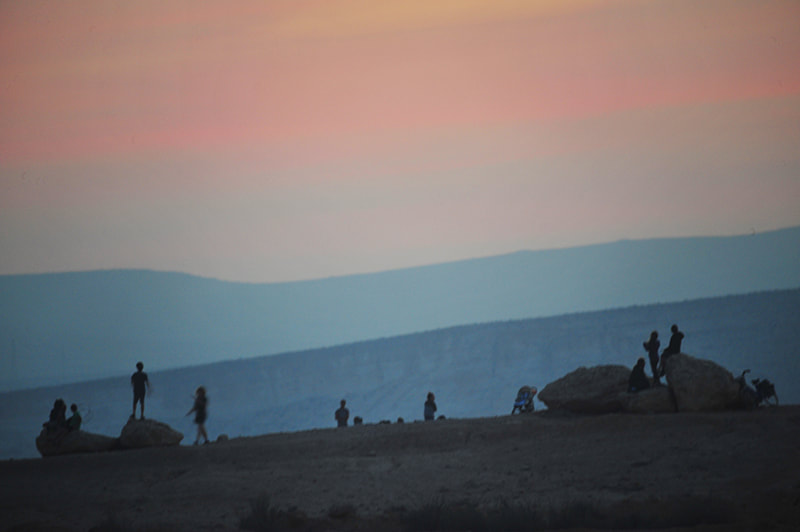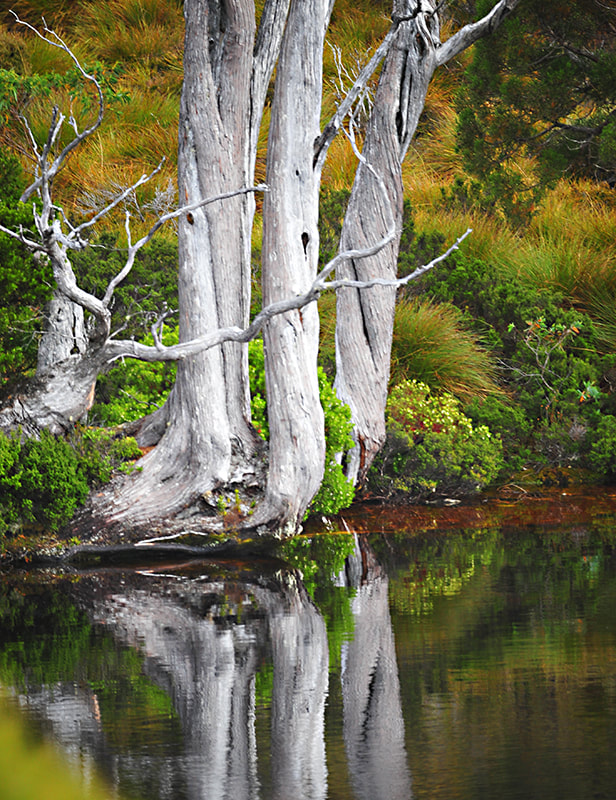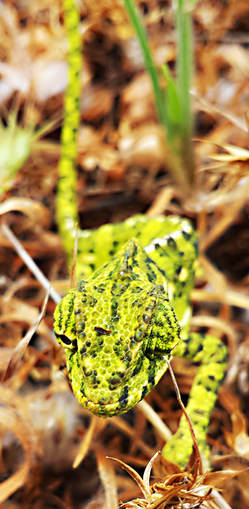A dozen or so tips that may help you achieve a more successful academic career
|
OK actually over 50, feel free to stop reading after the 12th tip, or any other number for that matter…
|
- Remember that science is about shedding light on new realms of human knowledge – it is supposed to be hard! There are supposed to be open questions along the way (and most-likely at the end as well). You have to reach a point where no-one will be able to help you. You are supposed to make mistakes and err along the way. You will never know the correct path until you’ve tried a few wrong ones.
- It is OK if you don’t have it all figured out to begin with – that is part of the deal. However make sure you do get more and more stuff figured out as you go along with your studies. But remember what Socrates taught us...
- Use the people in the lab – there is a wealth of knowledge here that has great potential to help you in your work – sometimes in ways you never thought of to begin with. But remember that at the end of the day your degree is your cross to bear!
- Manage your supervisor. Learn together how you work well with each other.
- Get many advice but ultimately do what’s best for you. Pay special attention to your supervisor’s advice – s/he is supposed to have your best interests in mind (if you feel this is not the case – get external help and advice, and consider a new supervisor).
|
- Don’t be afraid of math. Equations are our friends – learn the lingo…
- Polish your English – especially your writing skills – it is arguably the most important skill for scientists.
- Learn the inner-workings of Academia – like any other institution it is governed mostly by a set of common practices that are not written anywhere and that you’ll just have to pick up as you go along.
- Present your work at conferences as soon as possible – start early at being an active researcher not just a passive one, and get feedback on your work.
- Try to go abroad and engage with people outside Israel. We are a small country (small but proud! – the country…)
- If you want to leave the door open for an academic career – publish lots of papers – that is the single most important achievement you will be judged by (at least until you actually get an academic position). You’ll need both quantity and quality.
- Even if you really want to be an academic – have a plan B – get to know options and people in the non-academic world. This may prove invaluable one day.
- In any case make sure you find outlet/outlets to publicize your science to the general public – not just the scientific crowd. At the end of the day we are all funded mostly by public funds and we have an obligation to disseminate our knowledge.
- Be very organized in your notes, bookkeeping, protocols, data storage, codes, computer files, etc. Do not become a messy professor!
- Backup all your work EVERYDAY!
|
- Be kind to people around you even if you think you know more than them and even if you’re super busy.
- Be a decent human being! Help others.
- Cherish the diversity in yourself and in others, try as much as you can not to pre-judge or discriminate. Academia in general and conservation in particular is a celebration of diversity, it is also a good practice in our day-to-day lives…
- Work hard! Perusing science is not just about being smart, but to a large degree it is about putting in the long hours of, at times, dreary work – we all do this. Sometimes you just have to grind your teeth and pull through the difficult bits. But make sure you are not suffering!
- Cultivate and embrace the passion in your work – without it, it is very difficult to do what we do (well), and it is simply unrewarding.
- If you are not enjoying what you do, if you usually do not want to go and pursue your research when you get up in the morning– you are in the wrong place. Research and the study of nature should be FUN, if you feel this is not the case, than it is not for you.
- Be patient – things usually take longer than you think they will, but opportunities, breakthroughs and accolades will come by your way with time.
|
- Remember to enjoy the moment! Stop and smell the roses…
- Don’t forget to have fun outside academia as well!
- Try to smile and laugh each and every day – preferably many times a day!
- Eat well! Sleep well! Exercise! Enjoy family and friends!
- Before going to bed each evening ask yourself – what have I learned today? And make sure you have a good answer… (something like –the recipe for the most amazing pasta sauce ever would be a good answer, your favorite celebrity’s new hair style – no so much*)





